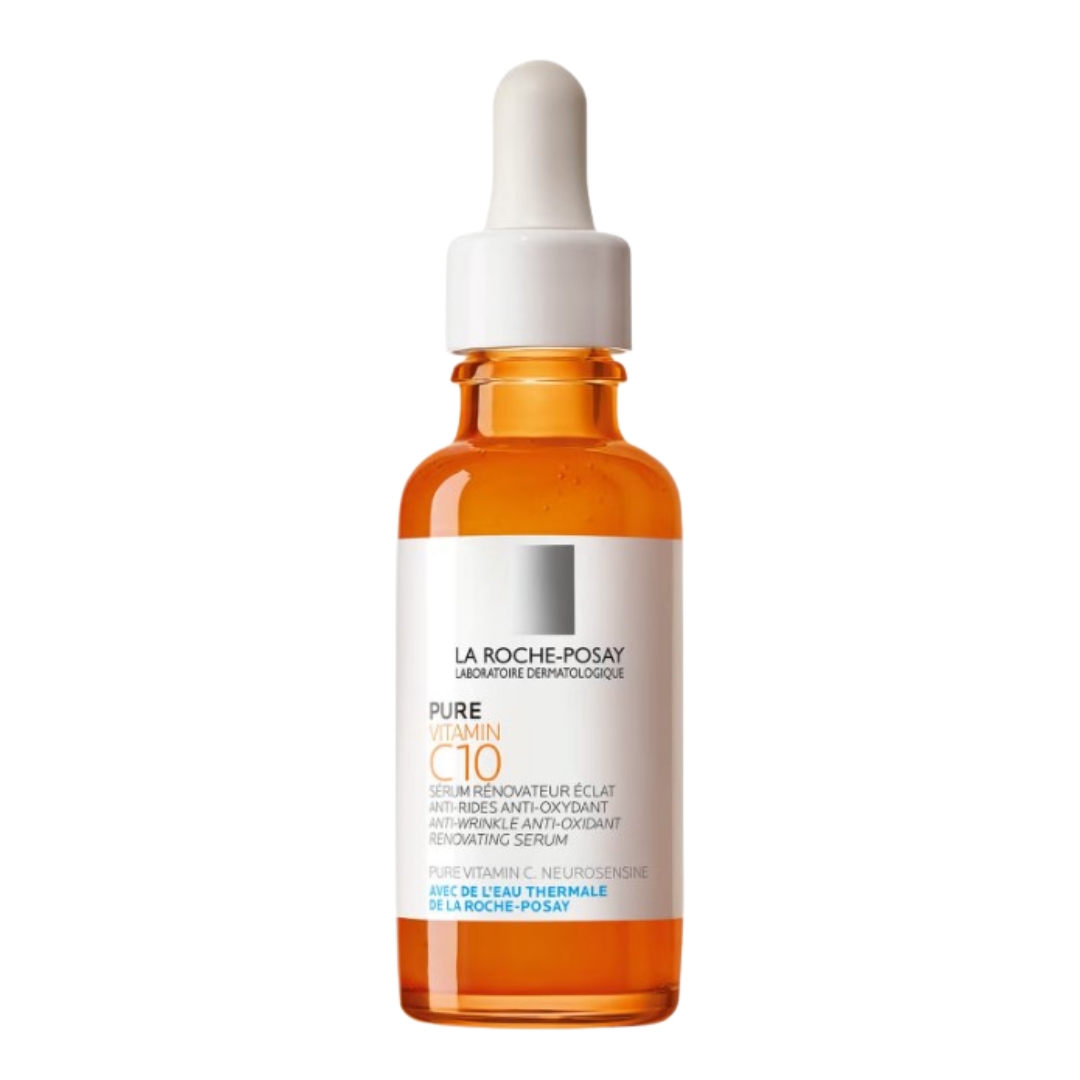
Vitamin C is heralded for its brightening and anti-ageing powers, but according to the skincare pros, if you're making these application mistakes, you won't reap the glowy rewards of your serums and creams...
When it comes to our skincare routines, incorporating hardworking ingredients to target your skin's specific needs is key to achieving results. If you're looking to boost collagen production and brighten your skin, for instance, adding one of the best vitamin C serums would be beneficial. But, like with all skincare products - from the best retinol creams to best hyaluronic acid serums - formula concentration, as well as how and when we apply them can make a drastic impact on efficacy.
So, if you're not seeing the expected results from your vitamin C products, we quizzed the pros on the common application mistakes and how to get the most out of the popular complexion-boosting powerhouse...
3 vitamin C mistakes you might be making
While building a skincare routine in the first place can feel complicated, knowing the benefits and drawbacks of the ingredients you're using is also essential to achieving the best results - and avoiding irritation.
So, to dispel any misconceptions or unknowns, we've asked the experts to share the common application mistakes they see with vitamin C and what to do instead...
1. Ineffective concentrations
The concentration of vitamin C is crucial, as Dr Catriona Maybury, Dermatica's Medical Director, explains: "Vitamin C - or ascorbic acid - is a gold standard ingredient in anti-ageing skincare and along with sunscreen, it helps protect the skin from sunlight, pollution, dullness and dark spots. However, some iterations on the market use sub-therapeutic concentrations. So you won’t see results - but might experience irritation."
Maybury describes this as a "A lose, lose" situation and recommends Dermatica’s ascorbic acid cream, which has 15% concentration - "an evidence-based strength that is both effective but gentle enough for everyday use."
Equally, using vitamin C concentrations that are too high can also be counterproductive. Advanced Facialist, Mariam Abbas elaborates: "Vitamin C in concentrations higher than 20% won’t give any additional benefit. It will only have a similar effect as formulations with Vitamin C in concentrations of 10-20%," but adds that it can cause irritation instead.
2. Transparent bottles
Another common issue in regards to vitamin C - even before application comes into things - is the packaging.
"Vitamin C in transparent bottles when exposed to light and air can become easily oxidised and become an orangish/brown colour," says Abbas. Instead, opt for a vitamin C serum that comes in a tinted glass bottle, to protect the formula from oxidation.
Abbas also reminds us to store our vitamin C serums away from a window and in, "a cool dark place."
3. Pairing it with retinol
In the retinol vs Vitamin C debate, the takeaway is to not use these two ingredients in tandem.
As Abbas notes: "Using a retinol product and vitamin C at the same time can prevent the maximum absorption of vitamin C and also destabilise." Using both can also lead to irritation, so while you can feature both in your weekly routine, it's best to avoid using them on the same day and at the same time.
How to apply Vitamin C correctly

RRP: £48
Ranked first on woman&home's list of best Vitamin C serums, Farmacy Beauty's 10% L-Ascorbic acid formula visibly brightens and targets dark sports to reduce hyperpigmentation.

RRP: £15
For an affordable option, Inkey List's Vitamin C offering protects your skin against pollutants and environmental stressors, whilst boosting your complexion, warding off dullness and improving the look of discolouration,

RRP: £45
If you're already a fan of the best La-Roche Posay products, this Vitamin C serum is a no-brainer. It's lightweight, suitable for sensitive skin and works to brighten and balance your complexion. Its formula also features hyaluronic acid to deeply hydrate and salicylic acid gently exfoliates away dead skin - leaving your skin looking softer, nourished and glowy.
- Apply in the morning and before SPF
So, how do we apply Vitamin C for the best results? "I recommend using ascorbic acid every morning before sunscreen," says Dr Maybury.
Abbas agrees and adds, "I find the best time to apply vitamin C is during the morning routine, after cleansing and before moisturising, this helps to maximise its free radical combatting properties and increases the efficacy of the SPF."







